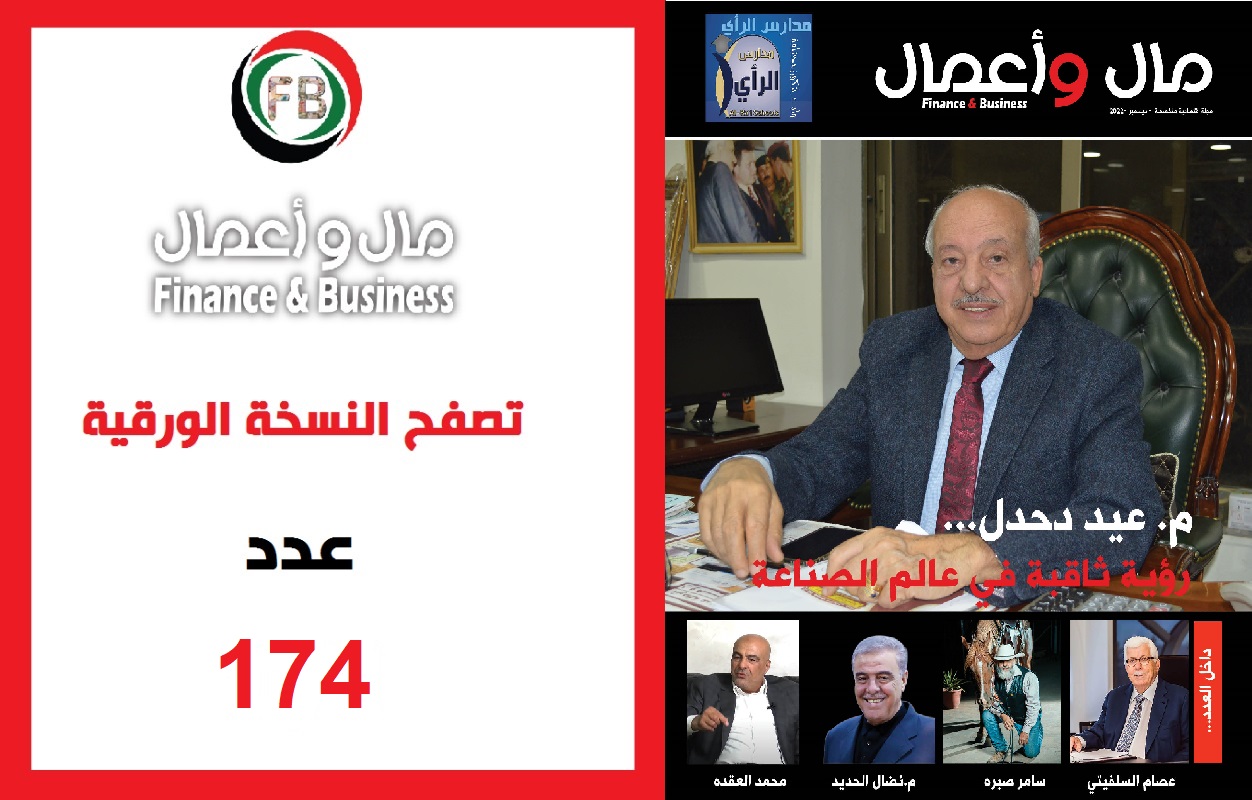Great Ormond Street Hospital expert presented the latest developments in gene therapy at Arab Health 2017

A team from Great Ormond Street Hospital for Children (GOSH) in London has revealed plans to revolutionise treatment for young patients through the use of gene therapy for children with rare diseases at Arab Health today. The paediatric experts, led by Bobby Gaspar, Honorary Consultant in Paediatric Immunology at GOSH, Professor of Paediatrics and Immunology at the UCL Great Ormond Street Institute of Child Health and director designate for the Zayed Centre for Research into Rare Disease in Children, which is due to open in 2018, spoke at Arab Health’s Healthcare UK stand. Professor Bobby Gaspar provided an update on the latest breakthroughs for gene therapy and discussed how GOSH will enable further developments in treating children with rare diseases.
Most rare diseases are caused by a genetic defect, which means that children are born with the condition and will not get better by themselves. The symptoms of rare disease can often be very serious, making patients very sick or causing disabilities that impact on how long they will live and their quality of life.
Professor Gaspar addressed several local and international healthcare professionals detailing how gene therapy tackles the root cause of genetic disease, offering the prospect of effective and lasting treatment for children with conditions that were previously difficult or even impossible to manage.

“We have already witnessed gene therapy revolutionise treatment for children with severe combined immunodeficiency (SCID), a primary immune deficiency caused by genetic defects, which causes the child to have very little or no immune system and therefore unable to fight off infections. The condition is sometimes dubbed “bubble baby syndrome” as patients need to live in a sterile environment,” Gaspar said.
Arab nationals suffer from one of the highest rates of genetic disease in the world, with the prevalence of severe combined immunodeficiency (SCID) in the Middle East being among the highest in the world. SCID prevalence is highest in regions where consanguineous marriage exists – in Saudi Arabia, one in 5,000 births result in SCID, the highest reported incidence of SCID to date. Revolutionary gene therapy treatment has brought great benefits for children born with genetic diseases, with clinical breakthroughs in gene therapy expected to save the lives of children in the Middle East and all over the world.

“Up until 20 years ago, the only way we could rebuild the immune system for a child with SCID was to give children a bone marrow transplant, from a healthy individual. But that only works if there is a good matched donor available,” added Gaspar.
“We found a better way of correcting these conditions by taking a child’s own cells, usually from the bone marrow, and in the laboratory putting a working copy of the gene into them. This is a more fundamental way to treat these diseases, you are not using external medicines or doing bone marrow transplants using somebody else’s cells. This is using the individual’s own cells.”
Over the next five to 10 years, Professor Gaspar and his team aim to refine and develop their gene therapy techniques, so that they can be used to help children with a wider range of life-threatening and life-limiting genetic diseases. These include some metabolic disorders and certain blood diseases.
“We aim to pave the way for a new era of treatment for children and young people around the world including here in the Middle East,” he said. “I believe gene therapy will be able to improve the life and health of many children with life-threatening diseases, where other treatment methods are either ineffective or non-existent.”
By expanding the applications of gene therapy, the novel technique will be able to help patients like four-year-old Khalifa Al Qemzi from the UAE, one of the first children in the region to be treated using gene therapy. Khalifa was admitted to hospital in Abu Dhabi aged 6 months where he was diagnosed with SCID.
Khalifa‘s family were not bone marrow compatible, meaning that performing a bone marrow transplant from an unrelated or mismatched donor would have been risky. “Three months after birth, the symptoms of Khalifa‘s genetic immune deficiency started to appear. We then prepared to send Khalifa to the United Kingdom after the appropriate hospital for treatment was identified,” said Saeed, Khalifa’s father.
Khalifa was transferred to Great Ormond Street Hospital in London aged 11 months, in order to look into the possibility of gene therapy to treat his condition. Over the course of a week, bone marrow cells were taken out of Khalifa, the faulty gene was corrected, and then given back. Seven months on, Khalifa’s immune cells came back and his immune system is now functioning properly.
“When we arrived at GOSH, Professor Bobby Gaspar examined Khalifa and suggested gene therapy as the best treatment option for him. We approved the recommendation and Khalifa received the best care from consultants and nurses at GOSH. The hospital provided Khalifa with everything he needed in order to reach his current medical condition,” added Saeed. “We thank God and all the staff involved for the treatment they provided Khalifa and the breath-taking results. Khalifa now visits GOSH for regular check-ups, and is living a normal life like other children.”
Commenting on Khalifa’s treatment, Professor Gaspar said “I have led a number of successful trials just like Khalifa’s that have seengene therapy transform the outcomes of children with SCID. My hope is that continued efforts in gene therapy research will allow us to goeven further and develop gene therapy as well as cell and stem cell therapies as a standard treatment for many more rare conditions.”
المصدر : https://wp.me/p70vFa-hYN






















